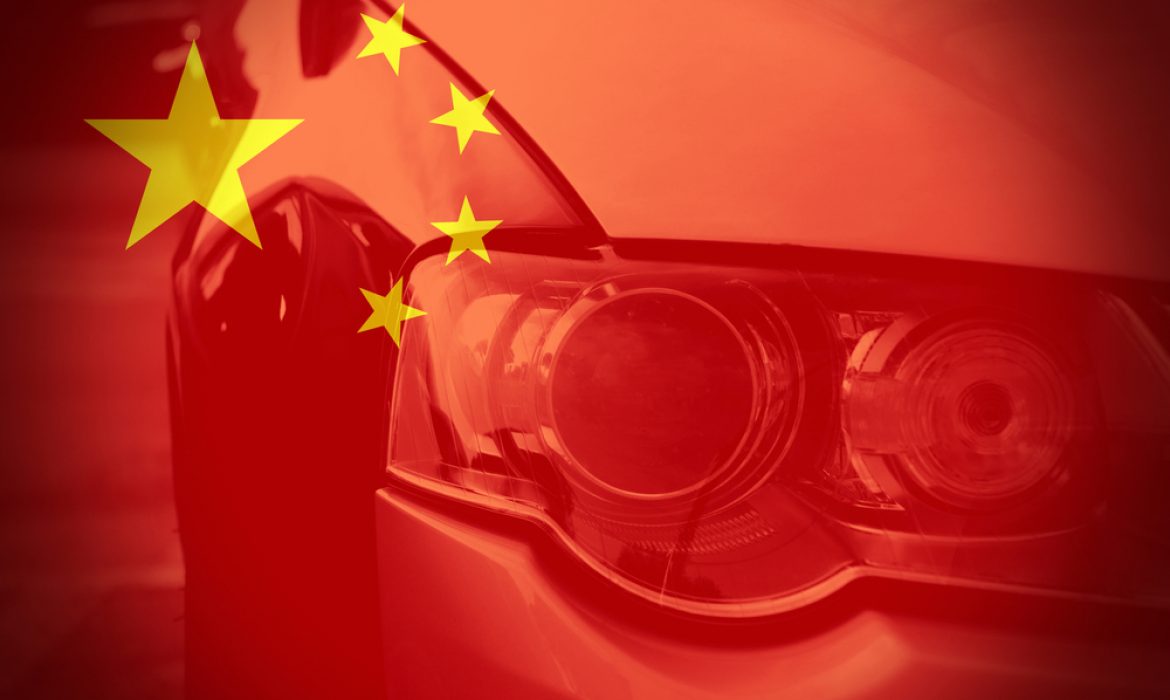US President Joe Biden is intensifying tariffs on Chinese-made electric cars, solar panels, steel, and other goods. The White House stated that the measures, which include a 100% border tax on electric cars from China, are a response to unfair policies and aimed at protecting US jobs. China has expressed opposition to the hikes and promised retaliatory measures.
Analysts believe the tariffs are largely symbolic and intended to shore up votes in a challenging election year. They follow months of criticism from former President Donald Trump, who is running for the White House against Biden and has argued that his rival’s support for electric cars would “kill” the US car industry.
Biden vowed not to let China “unfairly control the market” for electric vehicles and other key goods, including batteries, computer chips, and essential medical supplies. “If the pandemic taught us anything, we need to have a secure supply of essentials here at home,” he said. The tariffs announced on Tuesday will impact an estimated $18 billion worth of imports, according to the White House.
In addition to the 100% tariff on electric vehicles, levies on solar cells will rise from 25% to 50%. Tariff rates on certain steel and aluminum products will more than triple to 25%, up from 7.5% or less. In response, China’s commerce ministry warned that the new moves would “severely affect the atmosphere for bilateral cooperation” and criticized what it sees as the politicization of economic issues. A spokesperson for China’s foreign ministry declared that China would “take all necessary measures to safeguard its legitimate rights and interests.”
During the Biden administration’s review of these measures, the government received nearly 1,500 comments, mostly from business owners arguing that the tariffs were driving up prices for everyday Americans and requesting their removal. However, Biden’s decision to expand the tariffs into new areas, even as persistent US inflation weighs on his approval ratings, highlights a dramatic shift in trade views for both political parties in the US, which had long championed the benefits of global commerce.
Wendy Cutler, a former US trade official, stated that Americans are willing to accept higher-priced cars in exchange for protecting US companies and jobs.
“We’ve seen this movie before – with solar, with steel and [aluminum], and when it comes to cars and other products, the United States needs to get ahead of the curve,” she said.
White House officials denied that domestic politics influenced the decision, citing ongoing harmful practices by Beijing, including rules that force Western companies to share information and subsidies that allow Chinese firms to produce beyond demand. “They’re flooding the market,” Biden said. “It’s not competing – it’s cheating.” The White House said the tariffs were targeted and not expected to stoke inflation, contrasting their approach with that of Trump.
The former president, who once called himself a “tariff man,” has campaigned on a proposed across-the-board 10% tariff on foreign imports, potentially rising to 60% for goods from China. He has also attacked Biden for promoting electric vehicles, arguing that this will destroy US car companies, key employers in states like Michigan, crucial election battlegrounds in November.
Erica York, senior economist at the Tax Foundation, noted that both candidates are heading down the same path of higher trade barriers. She said the administration’s promotion of the tariffs as strategic was a “euphemism for protection for sectors that are politically important for this administration.”
While the US already imposes steep tariffs on Chinese-made electric vehicles, making sales negligible, Washington has been wary of increasing sales by Chinese companies in Europe and other countries. White House officials stressed that ensuring green technologies are not dominated by a single country is critical for a successful and sustainable transition.
For further details, visit BBC Business News.


